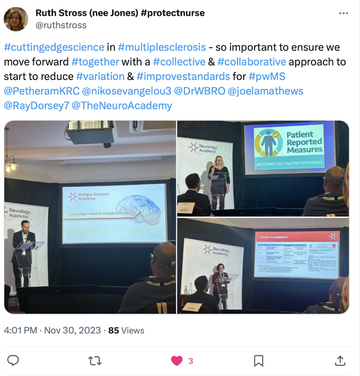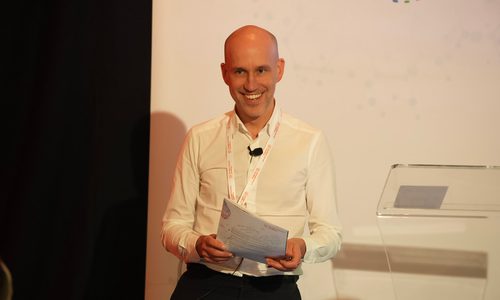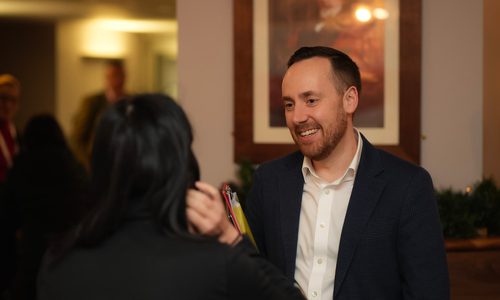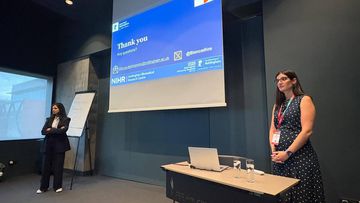MS Cutting Edge Science: conference overview
NewsOur second MS Cutting Edge Science meeting took place over Thursday 30th November and Friday 1st December, chaired by Drs Wallace Brownlee and David Paling, both consultant neurologists and lead Faculty for MS Academy as honorary academic and strategic directors respectively.
Designed to cultivate a space for challenging conversations where experts in MS can challenge themselves and their peers on the future of MS treatment and care, unpick the latest research, and question the status quo, this two-day conference was packed with lively debates and peppered with controversial opinions!
'What a great conference and a really novel way of presenting - so effective, and I have to say, kept the audience completely engaged!'
Across the course of the event, a range of specialists from different MS centres presented thoroughly researched perspectives for opposing perspectives on todays' hot topics in MS.
For each 45 minute topic on the programme, there was a given statement and a call for delegates to vote for or against using sli.do. Speakers were given 20 minutes to present their given view, either in support of, or counter, that statement and The remaining time comprised pertinent questions from the floor, lively debate, and counter arguments before a final vote determined which speaker had convinced the most delegates to their argued perspective. With speakers often arguing counter to their personal views, the whole event had a friendly air of competitive challenge and there was a slight note of gleeful victory after each debate.

First day topics included the role of Epstein Barr virus in MS incidence to whether medication should be used to manage fatigue, the relevance of oligoclonal bands in treatment decisions to who should foot the bill for disease-modifying treatments.
Many attendees remarked on how the topics presented made them consider new ideas and information, review their own stance on certain topics, and delve into data that they had previously not encountered.
'Oglioclonal band status should influence DMT choice' - 'A fantastic idea for a debate and great points were made by each presenter. Something I hadn't really thought much about before.'
Second day debates covered the role of specialist nurses in drug monitoring, clinical implications for new therapies like BTKis and anti-CD20s, and where the focus for research on neuroprotection should be.
'It's interesting to review the data and reconsider our approach.'

With a networking dinner sandwiched between the two days, the debate-focussed programme also included an update from the MS advisory group from Dr Waqar Rashid. The programme finale was a keynote address from professor of neurology Neil Robertson, who presented on 'MS registries - past, present and future', which many delegates highlighted as being a thorough, insightful and engaging talk.
'I'd be glad to attend every year!'
Related articles
Encouraging excellence, developing leaders, inspiring change
MS Academy was established in 2016 and in that time has accomplished a huge amount with exciting feedback demonstrating delegates feel inspired and energised along their personal and service development journeys. The various different levels of specialist MS training we offer are dedicated to case-based learning and practical application of cutting edge research.




